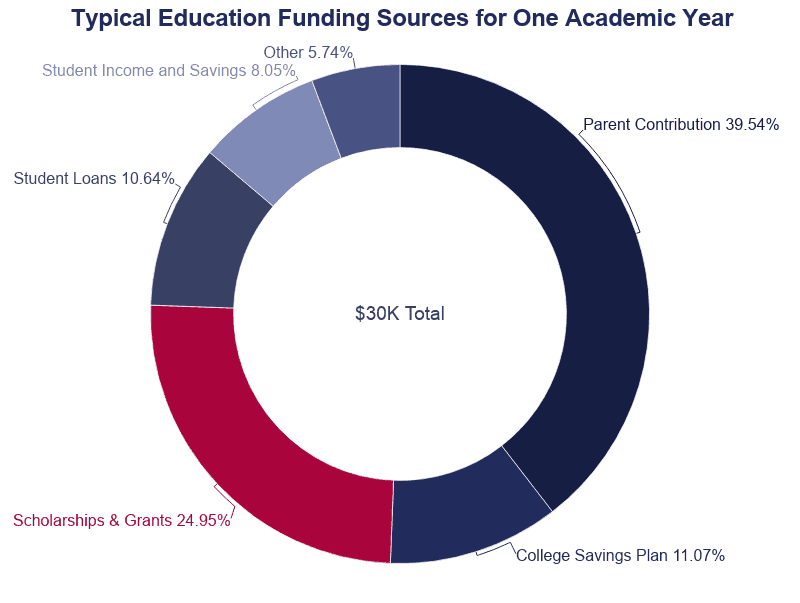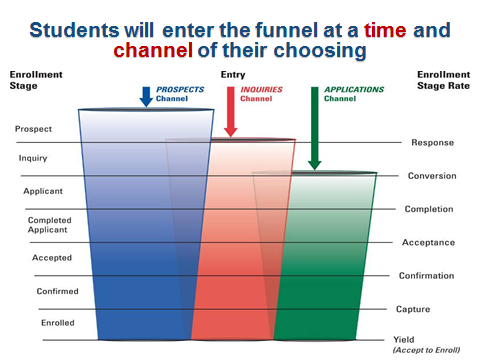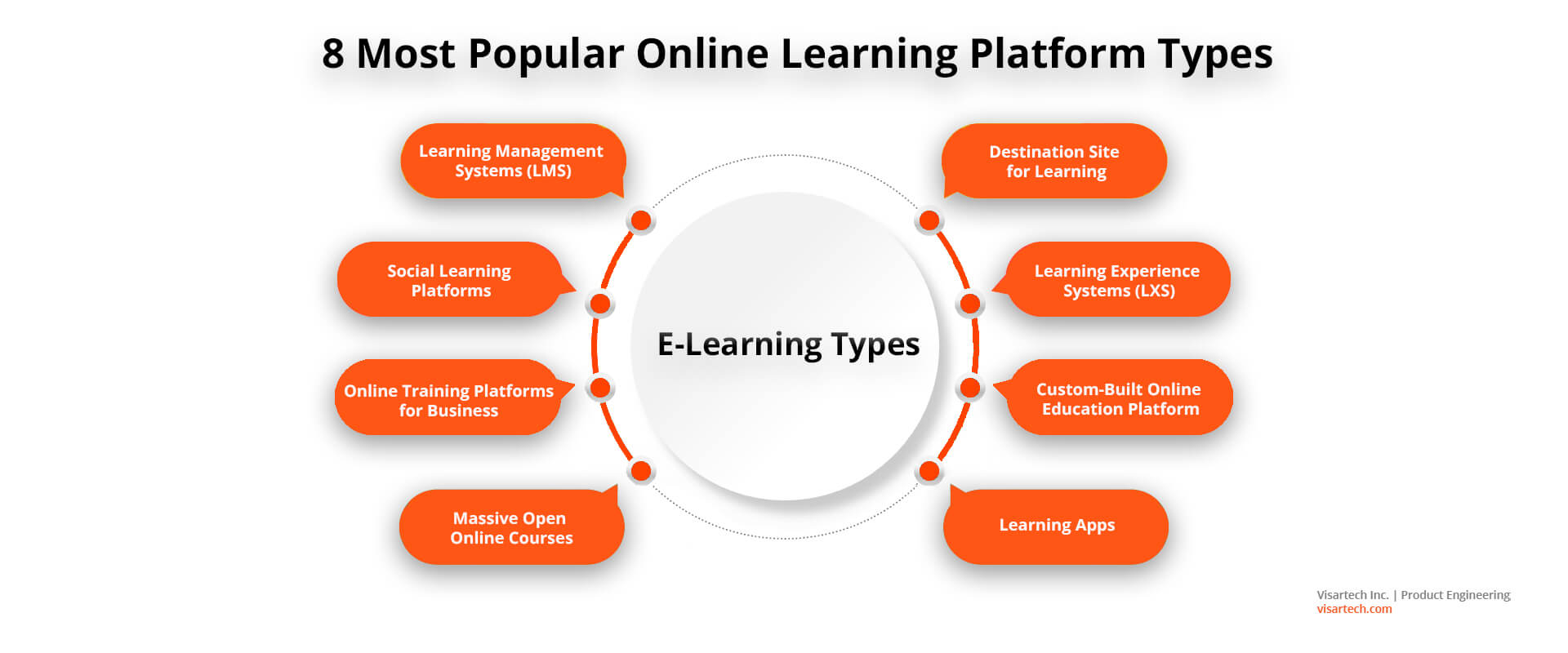Navigating Student Life and Campus Culture – Strategies for Success in Higher Education
Starting college can be an exhilarating experience, but it presents its unique challenges. Navigating student life and campus culture requires a toolkit of valuable strategies that will help you make the most of your academic journey. In this post, you will learn about essential tips and tricks to help you successfully adapt to the world of higher education.
1. Time Management Skills
One of the most important aspects of academic success is effective time management. Balancing coursework, extracurriculars, and your social life can be demanding. Begin by creating a daily schedule with designated study-time blocks. Prioritize tasks, break projects into smaller pieces, and establish realistic deadlines. There are numerous apps available, such as Google Calendar or Todoist, to help keep you organized.
2. Engage in Extracurricular Activities
Extracurricular activities create opportunities to form friendships, develop new skills, and explore interests. Join clubs, attend workshops, or volunteer with local organizations. These experiences not only enrich your college life but also build a well-rounded resume that will prove valuable in your future career.
3. Utilize Campus Resources
Higher education institutions often provide an array of resources designed to enhance student success. Make the most of these by familiarizing yourself with the academic support services available, such as writing centers, tutoring services, and career guidance. Also, make use of health and wellness resources – look into gyms, counseling services, and mindfulness workshops.
4. Seek Out Networking Opportunities
Networking is a significant factor in professional and personal growth. Attend campus events, guest lectures, and career fairs to connect with professionals and alumni in your field of interest. Join industry-specific student organizations and attend conferences. Build connections early and maintain them on platforms like LinkedIn to facilitate future job opportunities.
5. Develop a Growth Mindset
Developing a growth mindset — the belief that intelligence can be developed — is crucial in higher education. Embrace challenges, learn from mistakes, and stay persistent in your goals. Surround yourself with positive influences, look for mentors, and don’t be deterred by setbacks. Remember that learning is a lifelong journey.
6. Maintain a Healthy Lifestyle
A balanced life is essential for maintaining your well-being and academic success. Prioritize self-care by eating a balanced diet, exercising regularly, and getting adequate sleep. Create routines and practices that support mental wellness, such as mindfulness and meditation exercises.
7. Build Effective Study Habits
Find out which study techniques work best for your learning style. Experiment with strategies like taking detailed notes, creating flashcards, and forming study groups. Allocate enough time for studying and make use of technology tools like Quizlet or Anki.
8. Manage Finances Responsibly
College can be expensive, so it’s important to be financially responsible. Create a budget that covers expenses and understand your financial aid options. Look for scholarships, grants, and on-campus work opportunities to help alleviate the financial burden.
By implementing these strategies, you’ll be well-equipped to navigate student life and campus culture successfully. Remember, adaptation takes time, and learning from experiences is an essential part of growth. Embrace challenges, stay committed to personal development, and enjoy the journey of higher education.











